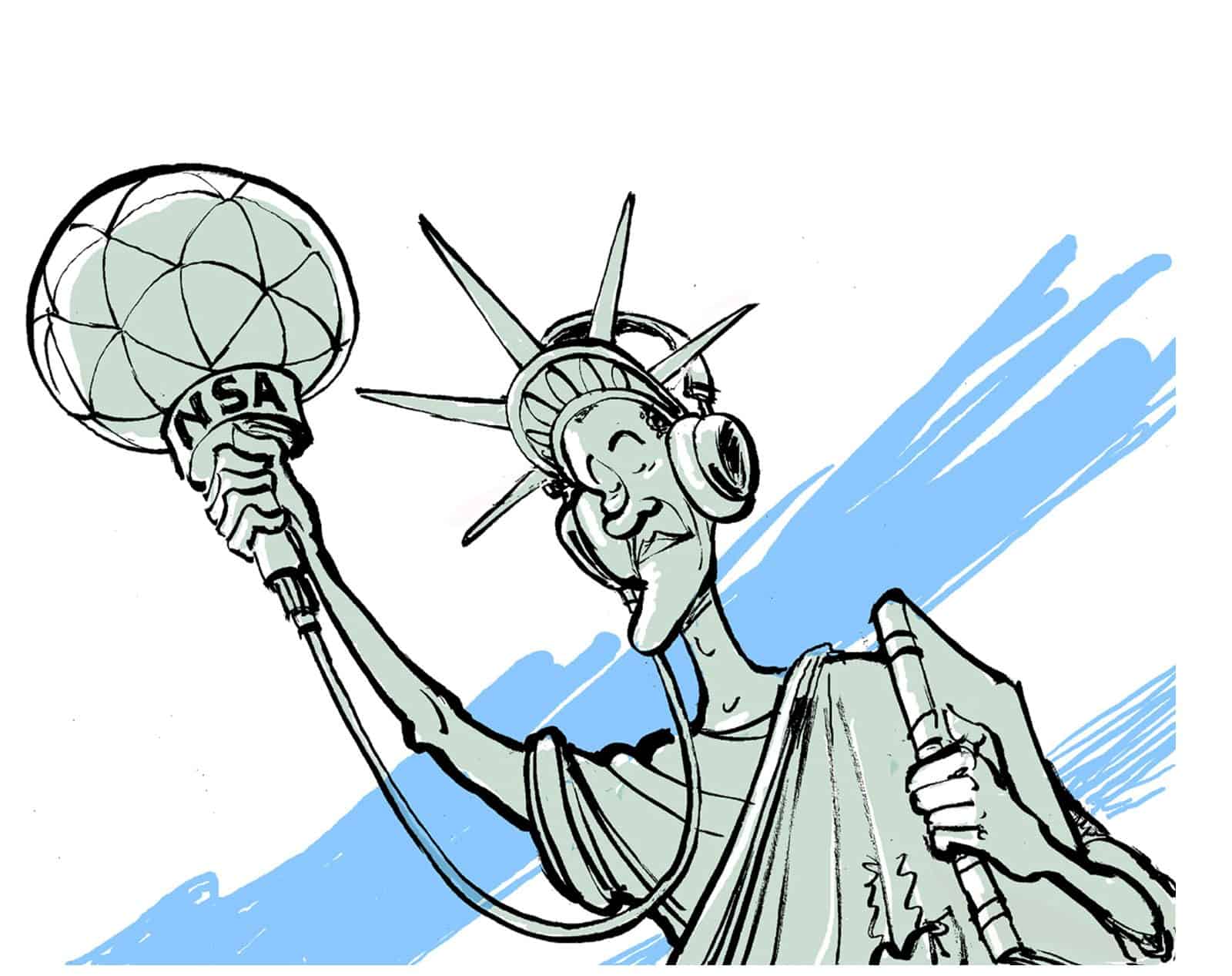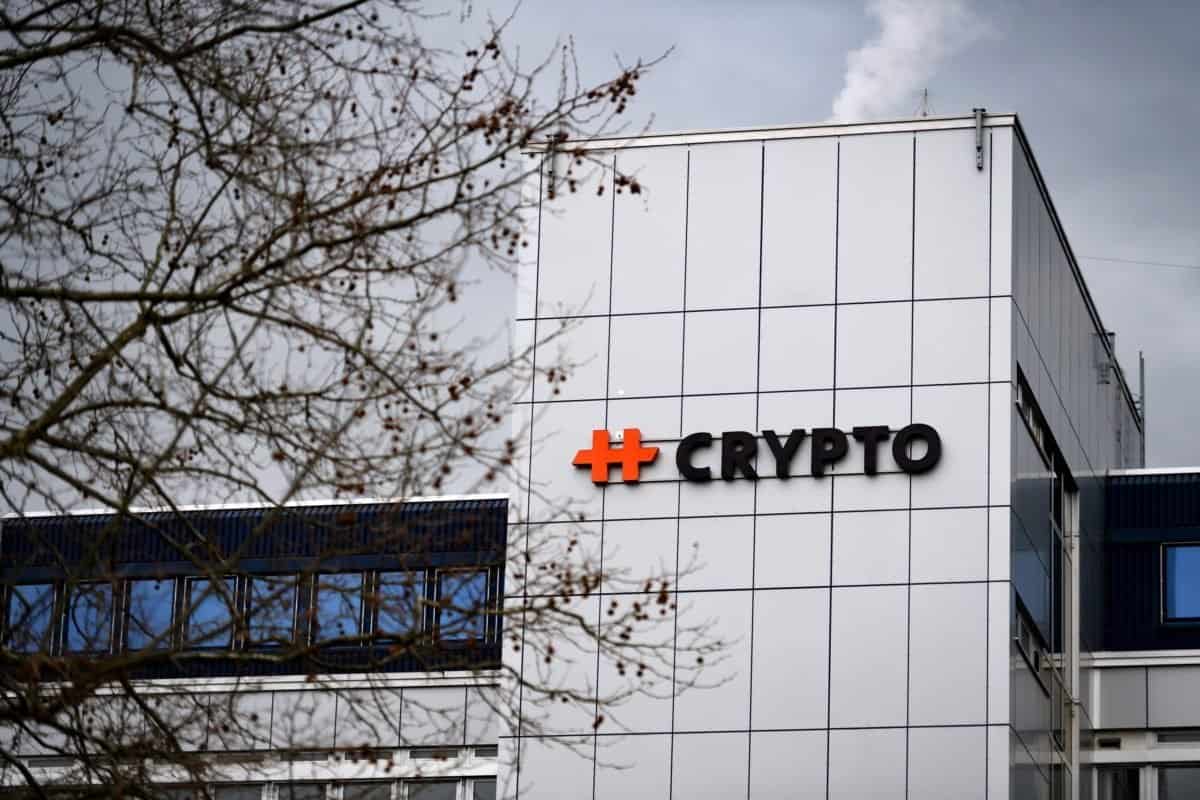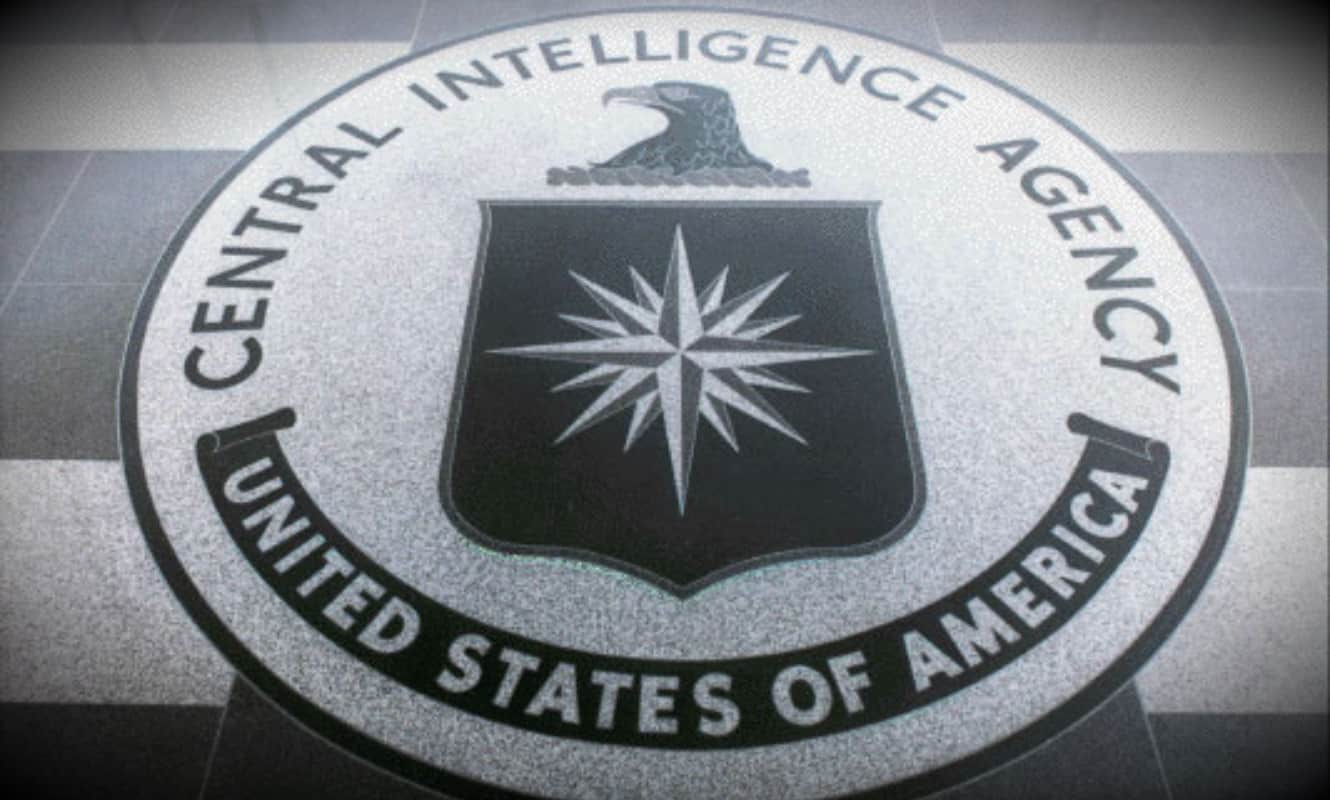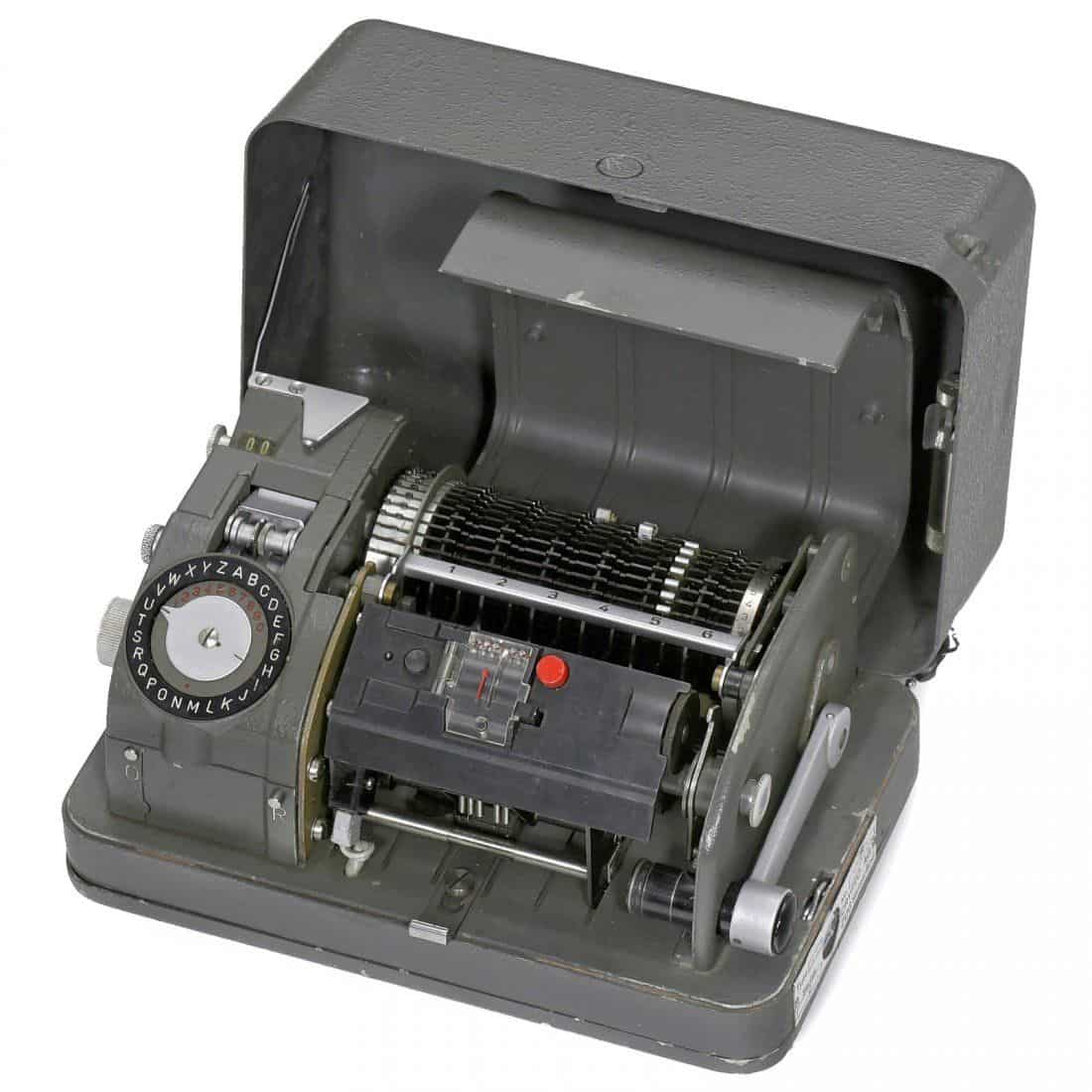PAT PILCHER delves into the murky waters of international politics to debunk America’s anti-Huawei strategy.
There’s a line in Hamlet which goes, “The lady doth protest too much, methinks”. It’s spoken by Queen Gertrude in response to overacting by a character in a play by Hamlet to prove his uncle murdered his Dad, the King of Denmark. Since Hamlet’s debut back in Elizabethan London, the phrase has crept into common vernacular, and it’s used to cast doubt on someone’s sincerity.
It turns out that Lady Liberty and Uncle Sam may be protesting too much when it comes to dire warnings of security and Huawei. According to a story last week by the Washington Post and German broadcaster, ZDF, the CIA had done the very thing that the Trump administration was telling the world to worry about with Huawei – for almost 50 years.

For a very long time, western and eastern governments put their faith in a single company to encrypt the communications of their spies, soldiers and diplomats. A Swiss company called Crypto AG won the contract to build code-making hardware for the US Army in World War II, and afterwards became the dominant player for encryption hardware.
Crypto AG sold gear to a considerable number of countries, including Iran, Latin America, India, Pakistan, and so on. While their encryption was industrial strength, those who’d splashed out serious money on the hardware remained ignorant to the fact that Crypto AG was in fact controlled by the CIA. Crypto AG’s equipment was also altered so that the CIA could easily break the codes used to send encrypted messages.
Operation ‘Rubicon’ allowed both the CIA to manage Crypto AG, giving them (and Five Eyes partners) unprecedented access to sensitive intelligence from both enemy and allied nations.

One example cited by the Washington Post was Iran’s mullahs whose communications were intercepted and unscrambled throughout the 1979 hostage crisis. The Rubicon programme also allowed the US to supply the UK government with intelligence about Argentina’s military during the Falklands War. It was also how the US knew Libya was the culprit in the 1986 bombing of a Berlin disco.
By the 1980s, the Washington Post says that “Crypto accounted for roughly 40 per cent of the diplomatic cables and other transmissions by foreign governments that cryptanalysts at the NSA decoded and mined for intelligence”.
American intelligence services divided up nations into three key categories: A for the Soviet union, B for Asia (mainly China) and G for everywhere else. While the CIA’s interests in Crypto AG worked well for the G category, the Soviet Union and China never used Crypto equipment owing to suspicions around the company’s ties to the USA. That said, US intelligence agencies still gleaned a lot of information through monitoring the communications of ‘G’ countries with both A and B countries.

So, how did the CIA and the German spy agency keep their controlling stake in Crypto AG secret?
In 1967, the owner of Crypto AG was approached by the French intelligence service with an offer to buy the company (in partnership with German intelligence). Their proposal was rejected and reported to the CIA. In 1969, the Germans made a follow-up bid with the Americans as partners. By 1970 a deal between the two spy agencies and Crypto AG was hatched.
A Liechtenstein based law firm, Marxer and Goop, was used to keep the Identities of the new owners hidden. This was done using shell companies and ‘bearer’ bonds which didn’t need any names. A new board of directors was also set up. Only one member knew of any CIA involvement.
Since then, all things cryptology related have moved on. The rise of PCs and smartphones saw cryptology proliferate. Because of this, Crypto AG became increasingly irrelevant and was finally liquidated by its shareholders (whose identities are hidden thanks to Liechtenstein’s laws around financial secrecy).
From the dismantled Crypto, two companies arose. CyOne Security was launched as a management buyout. It sells security systems to the Swiss Government. The other company, Crypto International, took over the Crypto AG brand and still operates as an international business.

In the aftermath of the story breaking, the Swiss announced they were launching an investigation of Crypto AG’s CIA and German intelligence ties. Crypto International’s export license has also been revoked.
What makes this interesting is that declassified documents show that the Swiss Government had to have known for years of Crypto’s ties to the CIA and German spy agency. As with all things political, it appears the Swiss Government only decided to intervene once they found out that the Crypto AG story was going to hit the media.
Equally sinister is the fact that while Crypto AG has ceased trading, there is no official record of when or indeed if the CIA ended its relationship with them.
This brings us back to the US government’s push to position Huawei as a threat to the security of the west.
There are good reasons why the idea of a nation putting vulnerabilities into communications equipment to eavesdrop on sensitive and encrypted conversations sounds familiar. This is a central part of the US Government’s argument to prevent Huawei equipment from being used in 5G builds.
The US says that they apparently have some evidence of Huawei’s capability to do this. So far, no evidence has surfaced. This leads some to speculate that the US is exploiting the public’s fear. The sad irony is that US intelligence agencies have done the very thing they are railing against for years. Sadly, that appears to have had little in the way of impact internationally.
The US has pushed hard to get Five Eyes partners to ban Huawei. They recently sent a team to the UK to put pressure on the British Government to dump Huawei. Australia and New Zealand toed the line (most probably out of concerns around possible trade repercussions). Still, the UK and Europe have flipped the bird at the Trump administration and are continuing to support Huawei.
This whole sorry saga raises a valid question: What are the US interests in a Huawei ban? Should their dire warnings around Huawei be taken seriously? Based on their activities over the last 50 years, it’s more than a little difficult to believe that the US is acting selflessly. Put simply, they stand to gain considerable advantages by being the dominant player in global data networks.
The whole sorry saga now takes on a far more sinister cast. This is thanks to reports by Yahoo News that the US Attorney General, William Barr, says that America could buy a controlling interest in Nokia and Ericsson.
Barr says that, “There are only two companies that can compete with Huawei right now: Nokia and Ericsson… Putting our large market and financial muscle behind one or both firms would make it a far more formidable competitor and eliminate concerns over its staying power.”

Based on revelations about the Rubicon operation, you could argue that Barr’s rhetoric is more about snooping and less about maintaining a technological lead. I can’t help but wonder just how many countries outside the US would be willing to allow their telcos to work with a US-controlled Nokia/Ericsson considering the revelations around Operation Rubicon?










